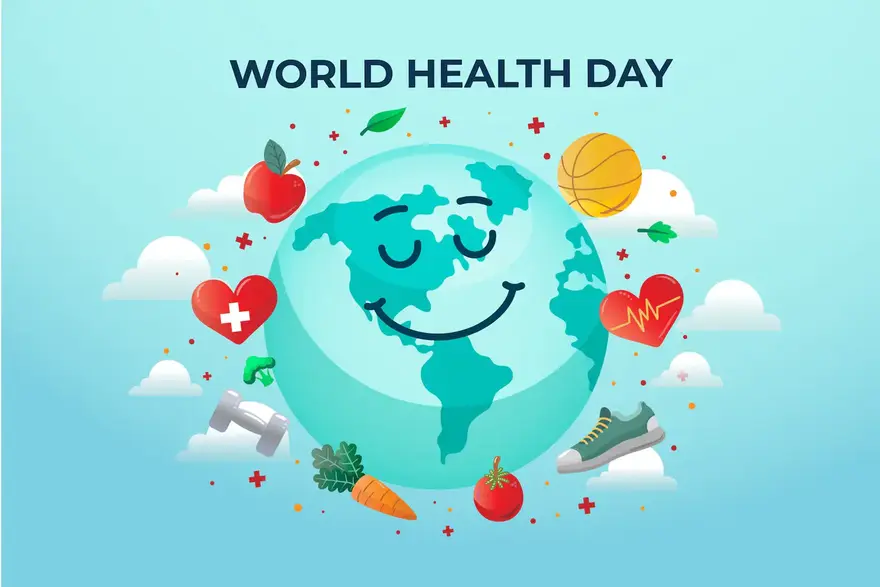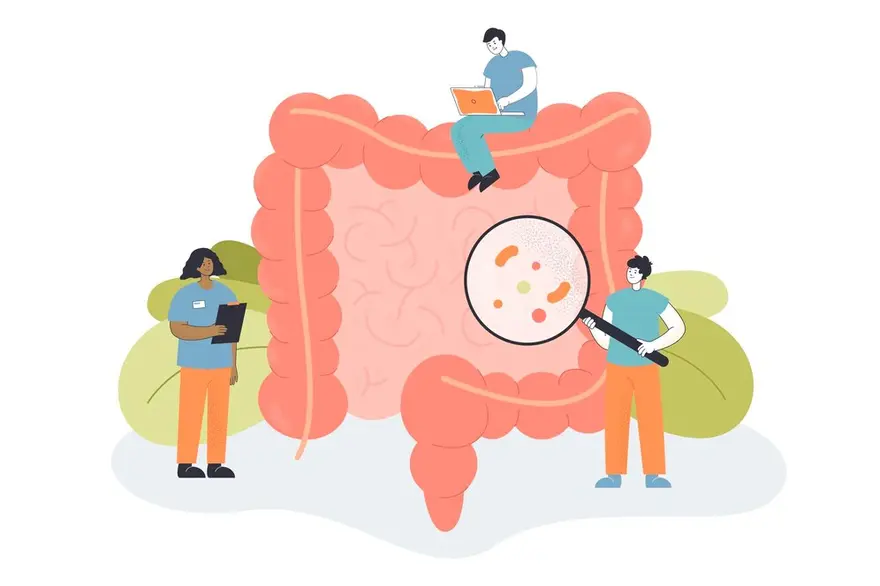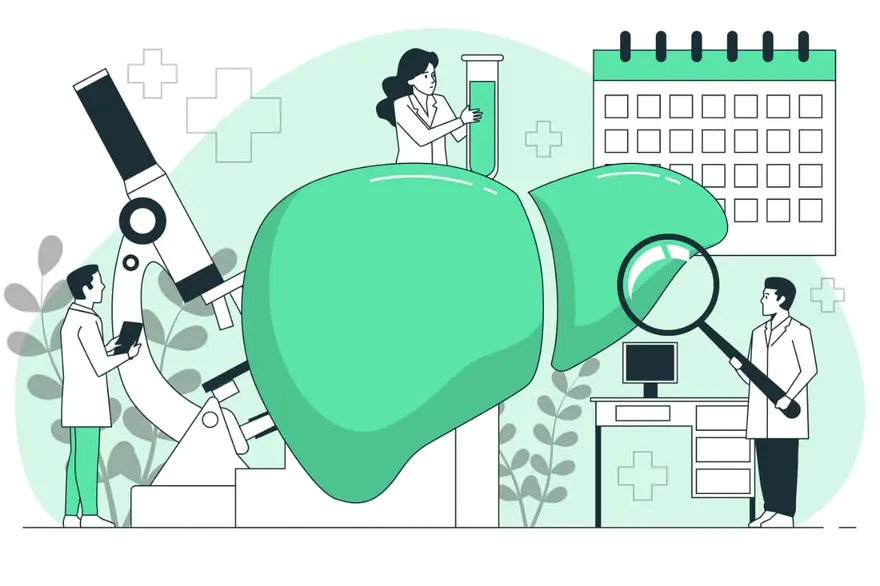Preventive Healthcare
World Health Day 2025: A Global Commitment to Health Equity
720 Views
0

Each year on 7th April, the world comes together to reflect on the importance of health and well-being for all. World Health Day is not just a date on the calendar—it is a call to action. Celebrated globally, this observance marks the founding of the World Health Organization (WHO) and serves as a platform to address pressing health challenges and promote healthier lifestyles, environments, and policies.
Whether you are a policymaker, healthcare worker, student, or simply someone who values good health, World Health Day is an opportunity to learn, act, and advocate for better health systems that leave no one behind.
World Health Day: Overview
World Health Day is one of the most significant public health awareness events on the global calendar. Organised and led by the World Health Organization, this day is a reminder of the international community’s commitment to achieving universal health coverage and addressing disparities in health access.
Objectives of World Health Day:
- Raise awareness of key global health issues
- Encourage governments to prioritise public health
- Promote preventive healthcare and healthy living
- Highlight the role of healthcare workers
- Mobilise communities to take action
Over the years, the World Health Day theme has evolved to tackle emerging threats and underline critical health milestones. From climate change to mental health, each theme shines a spotlight on a specific area of concern that affects people globally.
The Origins of World Health Day
The story of World Health Day is rooted in the aftermath of the Second World War. As the world began rebuilding, it became clear that health should be recognised as a basic human right and a foundation for peace and prosperity.
Timeline of Key Events:
- December 1945: Brazil and China proposed the creation of a global health organisation.
- July 1946: The Constitution of the WHO was signed by 61 countries.
- 7th April 1948: The WHO officially came into existence.
- 1950: The first World Health Day was celebrated on 7th April, and the tradition has continued ever since.
This annual international health day has become a powerful tool for advocacy, policy change, and public engagement.
World Health Day 2025 Theme
The World Health Day theme for 2025 is "Healthy Beginnings, Hopeful Futures." It reflects a renewed focus on maternal and newborn health, aiming to reduce preventable deaths and promote high-quality care for mothers and infants.
Key Messages of the 2025 Theme:
- Improve maternal care: Ensure that every woman has access to skilled care during pregnancy and childbirth.
- Support newborn survival: Advocate for safe delivery practices and essential newborn care.
- Prioritise mental health: Recognise and support the emotional well-being of new mothers.
- Promote equity in healthcare: Reduce disparities between regions and socioeconomic groups.
- Empower communities: Equip families with knowledge and tools to make informed health decisions.
The World Health Day theme aligns with the WHO’s broader goals of Universal Health Coverage (UHC) and reducing health inequalities. It highlights the importance of early interventions and quality healthcare right from the start of life.
Recurring Global Health Challenges Highlighted on World Health Day
Each year, World Health Day shines a light on persistent and evolving challenges that affect billions worldwide. Some of the key issues tackled over the years include:
1. Access to Healthcare
- Inadequate health infrastructure in rural and low-income areas
- Financial barriers preventing people from seeking care
- Workforce shortages, especially in developing countries
2. Non-Communicable Diseases (NCDs)
- Rise in chronic illnesses such as diabetes, cancer, and heart disease
- Lifestyle-related risk factors: poor diet, physical inactivity, smoking, and alcohol
3. Mental Health
- High prevalence of depression, anxiety, and suicide
- Lack of access to professional mental health services
- Cultural stigma that hinders help-seeking behaviour
4. Infectious Diseases
- Outbreaks of diseases like tuberculosis, malaria, and HIV
- Emerging threats such as COVID-19 and monkeypox
- Vaccine inequality across nations
5. Environmental Health
- Impact of pollution, climate change, and unsafe water on health
- Natural disasters disrupting healthcare services
The annual international health day serves as a moment to reassess progress and renew commitments to tackling these ongoing challenges.
Top 5 Global Health Priorities in 2025
As we move deeper into the 21st century, the global health landscape is rapidly evolving. In 2025, five key priorities are shaping international health efforts:
1. Maternal and Child Health
- Investing in prenatal care, safe deliveries, and neonatal services
- Expanding immunisation coverage for infants
- Addressing malnutrition and stunting in children
2. Digital Health and Telemedicine
- Leveraging technology to bridge healthcare gaps
- Enhancing remote consultations and diagnostics
- Building secure health information systems
3. Climate and Health Resilience
- Strengthening health systems to cope with climate-related shocks
- Monitoring vector-borne diseases linked to changing weather patterns
4. Mental Health Integration
- Making mental healthcare part of primary health systems
- Training health workers to identify and manage psychological distress
5. Antimicrobial Resistance (AMR)
- Promoting responsible use of antibiotics
- Investing in research for new antimicrobial drugs
- Enhancing surveillance systems
These priorities reflect a shift towards preventive care, community involvement, and evidence-based policy.
How Diagnostics Are Revolutionising Healthcare in 2025
Modern diagnostics play a critical role in today’s healthcare systems, allowing for early detection, targeted treatment, and cost-effective interventions. In 2025, diagnostics are more accessible, accurate, and affordable than ever before.
Innovations in Diagnostics:
- Point-of-care testing (POCT): Enables real-time results at clinics or even at home
- Artificial Intelligence (AI): Assists in reading scans and lab results with greater accuracy
- Wearable Health Devices: Tracks vital signs and alerts users to abnormalities
- Next-Generation Sequencing (NGS): Identifies genetic markers for personalised treatment plans
Benefits of Improved Diagnostics:
- Reduces diagnostic delays and misdiagnoses
- Minimises disease transmission through early detection
- Improves treatment outcomes and survival rates
- Reduces long-term healthcare costs
Diagnostics are no longer luxury tools but essential components of effective healthcare systems.
Real-World Impact: Diagnostics Saving Lives
Diagnostics are transforming lives across the globe—especially in under-resourced settings.
Case Studies:
1. Rapid Malaria Tests in Sub-Saharan Africa
- Portable testing kits have enabled community health workers to diagnose and treat malaria within 15 minutes, saving thousands of lives each year.
2. Mobile Cervical Cancer Screening in India
- Mobile diagnostic vans offer free screening and early detection of cervical cancer, drastically reducing mortality in remote areas.
3. Diabetes Monitoring in the UK
- Continuous glucose monitoring devices have empowered patients to manage their condition more effectively, reducing hospital admissions.
These real-world examples show that diagnostics are not only tools for doctors—they are lifelines for communities.
From Awareness to Action: Success Stories in Global Health
World Health Day has long been a springboard for lasting change. Governments, NGOs, and local communities have used the spotlight to launch campaigns, pass legislation, and improve healthcare systems.
Notable Achievements:
- Rwanda: Launched a nationwide maternal health programme, reducing maternal deaths by over 60% in a decade.
- Bangladesh: Improved sanitation and hygiene through mass awareness campaigns tied to World Health Day.
- United Kingdom: Introduced mandatory mental health education in schools, supported by WHO mental health initiatives.
- Philippines: Launched a mobile telemedicine network to reach rural areas during the COVID-19 pandemic.
Each story is proof that awareness alone is not enough—action creates impact.
How You Can Participate in World Health Day 2025?
Whether you are an individual, a student, a business, or a healthcare provider, there are countless ways to support World Health Day 2025.
Ways to Get Involved:
For Individuals:
- Attend health check-up camps
- Share WHO resources on social media
- Organise wellness activities in your community
- Donate to health-related charities or NGOs
For Schools and Universities:
- Host seminars on maternal and child health
- Organise awareness walks and poster competitions
- Collaborate with local health departments for screenings
For Businesses:
- Arrange employee wellness programmes
- Promote health insurance and preventive care benefits
- Partner with healthcare providers for community outreach
For Healthcare Providers:
- Offer free consultations or discounted diagnostic tests
- Conduct workshops on maternal health and newborn care
- Advocate for policy change through professional associations
By participating in this year’s campaign, you help amplify the World Health Day theme and create a ripple effect that can influence policies, behaviours, and lives.
Conclusion
World Health Day is more than a symbolic gesture—it is a catalyst for change. In 2025, as the world rallies around the theme "Healthy Beginnings, Hopeful Futures," we are reminded that health equity starts from the very first breath.
From diagnostics and digital health to policy reform and education, the global health landscape is changing. But that change requires commitment—not just from institutions but from every one of us.
Let us celebrate this international health day not just by raising awareness, but by taking meaningful action toward a healthier, fairer world for all.
FAQs
Q1. When was World Health Day first celebrated?
First celebrated in 1950, marking the founding of the World Health Organization on 7th April 1948.
Q2. What are the most common health issues addressed on WHD?
Mental health, maternal care, infectious diseases, non-communicable diseases, and healthcare access are frequently addressed during World Health Day.
Q3. How does WHO choose the annual theme?
WHO selects the theme based on global health priorities, consultations with experts, and input from member states.
Q4. Why is diagnostics critical for 2025’s goals?
Diagnostics enable early detection, guide treatments, and prevent disease spread—essential for maternal and newborn health success in 2025.
Q5. Where is the World Health Summit 2025?
The World Health Summit 2025 will take place in Berlin, Germany, focusing on global health collaboration and innovation.























 WhatsApp
WhatsApp